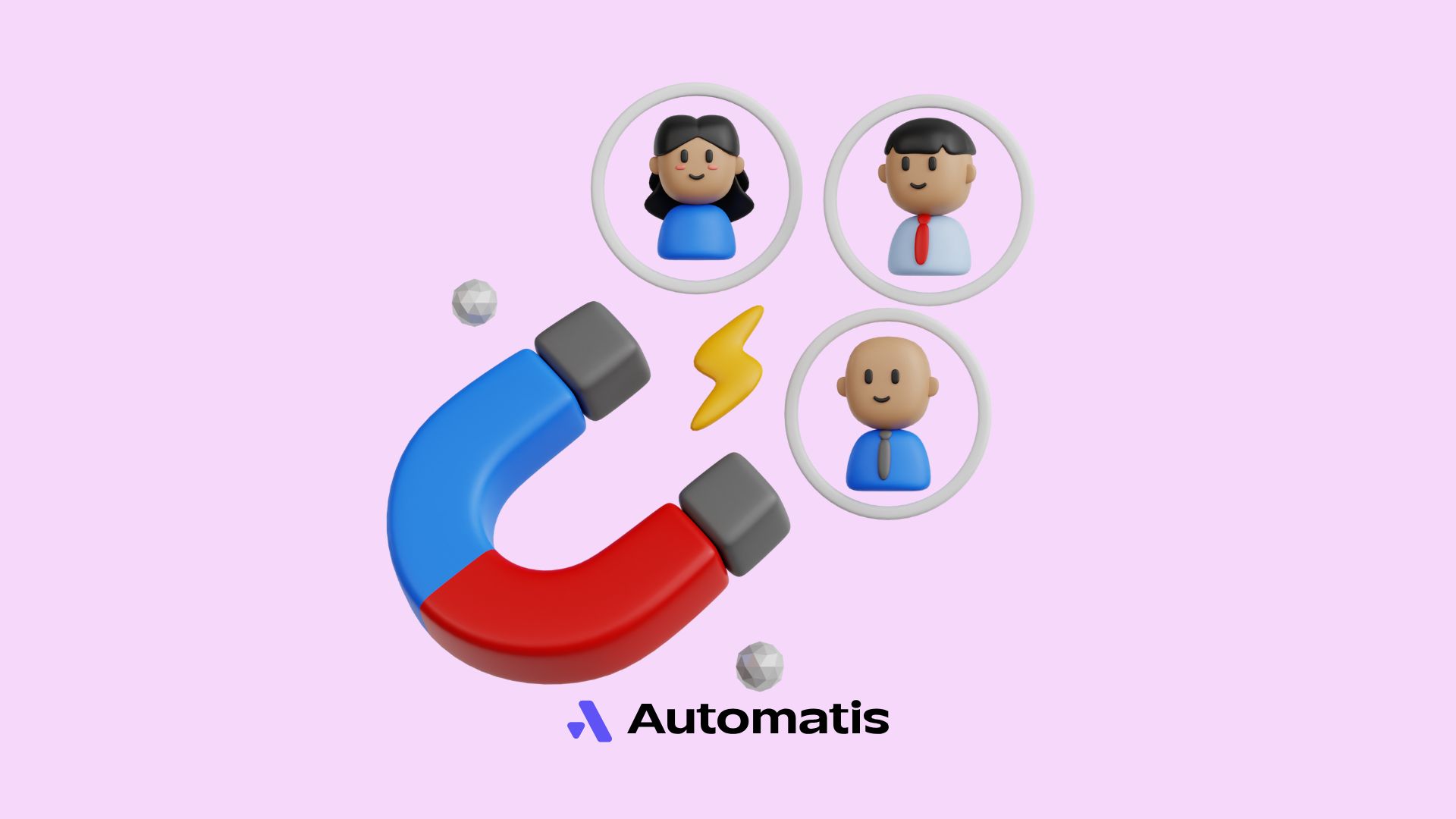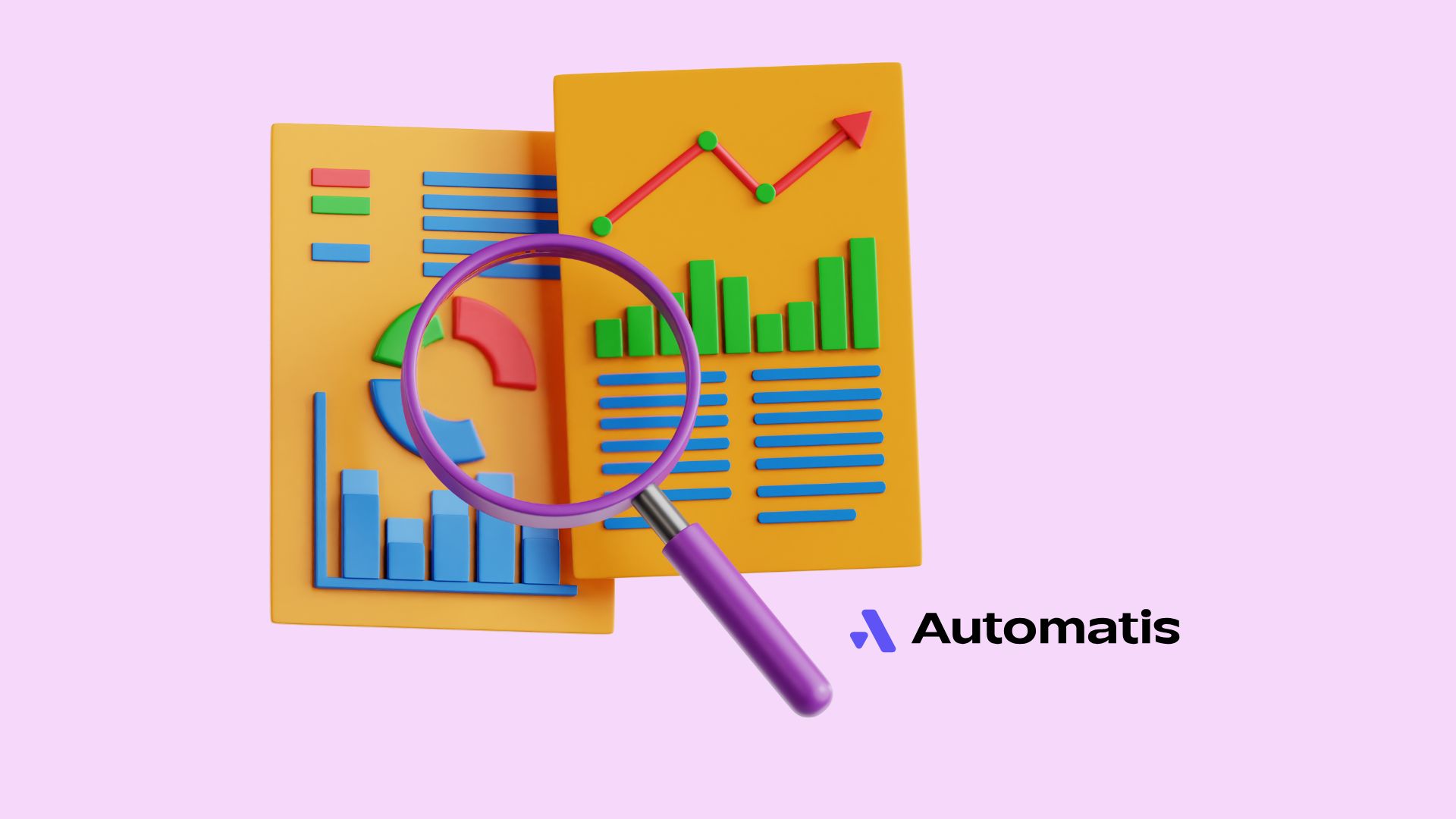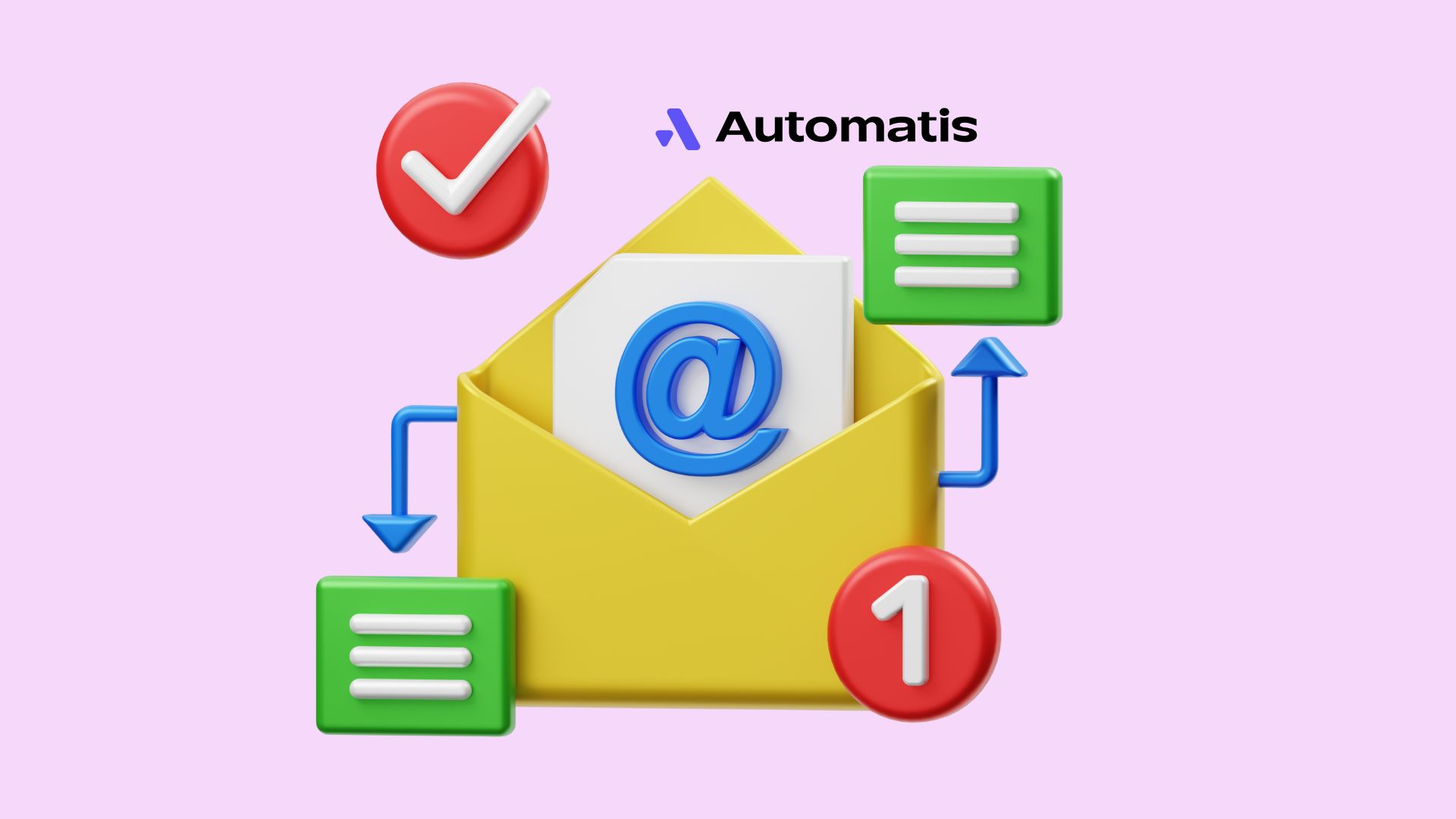Lead scoring and conversion optimization are essential for businesses aiming to improve their sales efficiency and maximize revenue. Traditional methods rely on static rules and manual processes, but machine learning introduces dynamic, data-driven decision-making that enhances accuracy and effectiveness.
In this guide, we will explore how machine learning can be used to score leads more accurately, predict customer behavior, and optimize conversion rates for better business outcomes.
What is Lead Scoring?
Lead scoring is the process of assigning a value to potential customers based on their likelihood to convert into paying customers. Traditional lead scoring often involves:
- Assigning scores based on predefined criteria
- Using manual assessment methods
- Following fixed rules that do not adapt to changing customer behavior
These methods, however, have limitations, including subjectivity, inefficiency, and a lack of real-time adaptability.
How Machine Learning Enhances Lead Scoring
Machine learning improves lead scoring by analyzing large amounts of data, identifying patterns, and dynamically adjusting lead scores based on real-time customer interactions.
Key advantages include:
- Higher accuracy by reducing human bias
- Real-time adaptability as new customer data is collected
- Improved efficiency in prioritizing high-value leads
Unlike traditional models, machine learning continuously learns from historical data to improve predictions over time.
Key Data Points for Machine Learning-Based Lead Scoring
For machine learning to be effective, it requires access to diverse and relevant data sources. Some of the most critical data points include:
1. Demographic Factors
- Age, gender, and location
- Industry and job title
- Company size and revenue
2. Behavioral Signals
- Website visits and interactions
- Email opens and response rates
- Social media engagement
3. Engagement Levels
- Past purchases or inquiries
- Interaction with customer support
- Time spent on product pages
Machine learning models use these factors to predict lead quality and determine which prospects are most likely to convert.
How Machine Learning Optimizes Conversion Rates
Machine learning helps businesses increase conversion rates by:
- Personalizing customer experiences based on preferences and behaviors
- Predicting potential drop-off points and taking proactive measures
- Recommending the best sales approach based on past interactions
By understanding customer intent, businesses can improve the quality of engagement, leading to higher conversion rates.
The Role of Predictive Analytics in Lead Scoring
Predictive analytics enhances lead scoring by:
- Ranking leads based on historical success patterns
- Identifying factors that drive conversion
- Adjusting lead scores dynamically as new data becomes available
For example, a machine learning model may detect that leads who interact with a pricing page are 3x more likely to convert, increasing their priority in the sales pipeline.
Steps to Implement Machine Learning for Lead Scoring
1. Collect and Preprocess Data
- Gather customer interaction data from websites, emails, and CRM systems
- Clean and standardize data for consistency
2. Train Machine Learning Models
- Use historical lead conversion data to build predictive models
- Choose the best algorithm based on performance metrics
3. Integrate Lead Scoring into Sales Workflows
- Automate lead prioritization within CRM systems
- Provide real-time updates on lead scores to sales teams
How to Train Machine Learning Models for Lead Scoring
1. Feature Engineering
- Identify the most relevant factors influencing lead conversion
- Create new features based on customer behavior patterns
2. Model Training and Testing
- Split data into training and testing sets
- Use performance metrics like precision, recall, and F1-score to evaluate accuracy
3. Continuous Model Improvement
- Regularly update models with new customer data
- Fine-tune parameters to improve prediction accuracy
Challenges and Limitations of Machine Learning in Lead Scoring
While machine learning improves lead scoring, it also presents challenges:
- Data Quality Issues - Inaccurate or incomplete data can affect predictions.
- Bias in Models - AI models may develop biases based on past data, requiring careful monitoring.
- Integration Complexity - Implementing AI-based lead scoring requires technical expertise and the right infrastructure.
By addressing these challenges, businesses can maximize the effectiveness of machine learning in lead scoring.
Best Practices for Using Machine Learning in Lead Scoring
- Regularly update models to reflect changing customer behavior
- Use human oversight to validate AI-generated scores
- Test multiple algorithms to determine the best-performing model
- Focus on data privacy and compliance when collecting customer information
Future Trends in AI for Lead Scoring and Conversion Optimization
- Real-time AI-driven personalization to enhance customer engagement
- Voice and text AI to analyze customer sentiment and improve sales outreach
- AI-powered decision-making for fully automated lead prioritization
These advancements will continue to improve lead qualification accuracy and conversion rates.
Conclusion
Machine learning is transforming lead scoring and conversion optimization by providing data-driven insights, real-time predictions, and automated decision-making. Businesses that leverage AI-powered models can prioritize high-value leads, optimize conversion strategies, and improve overall sales performance.









